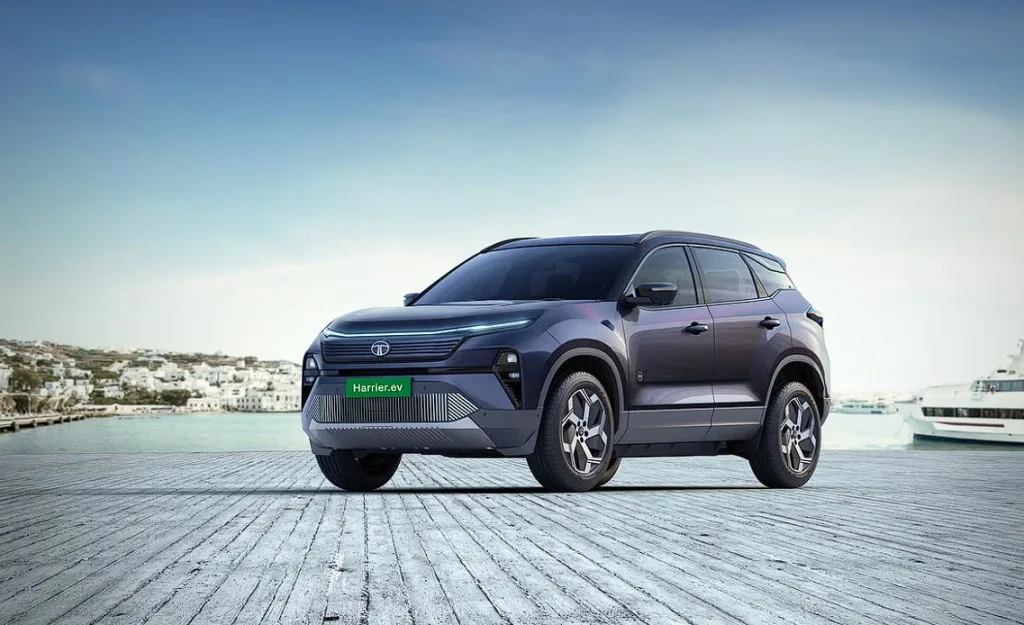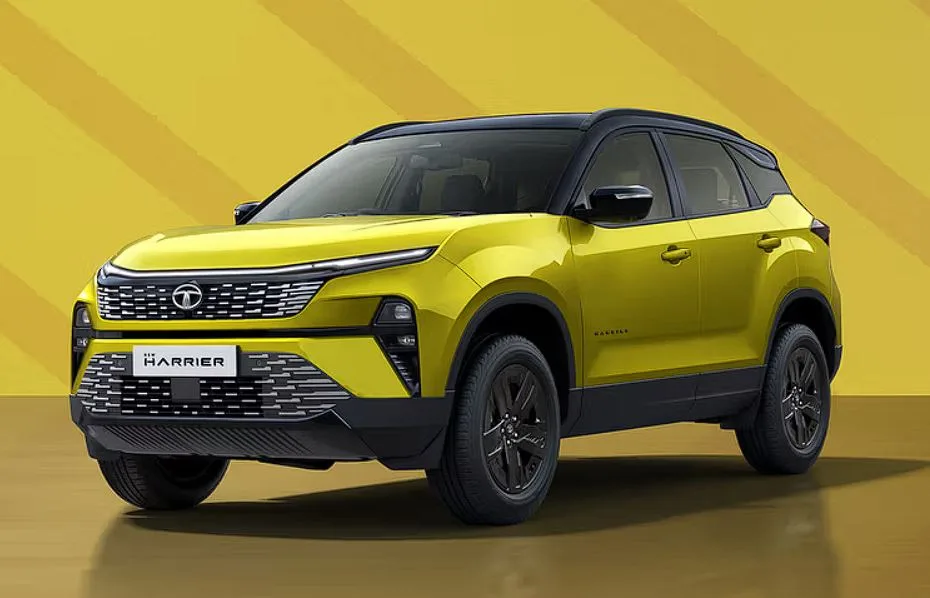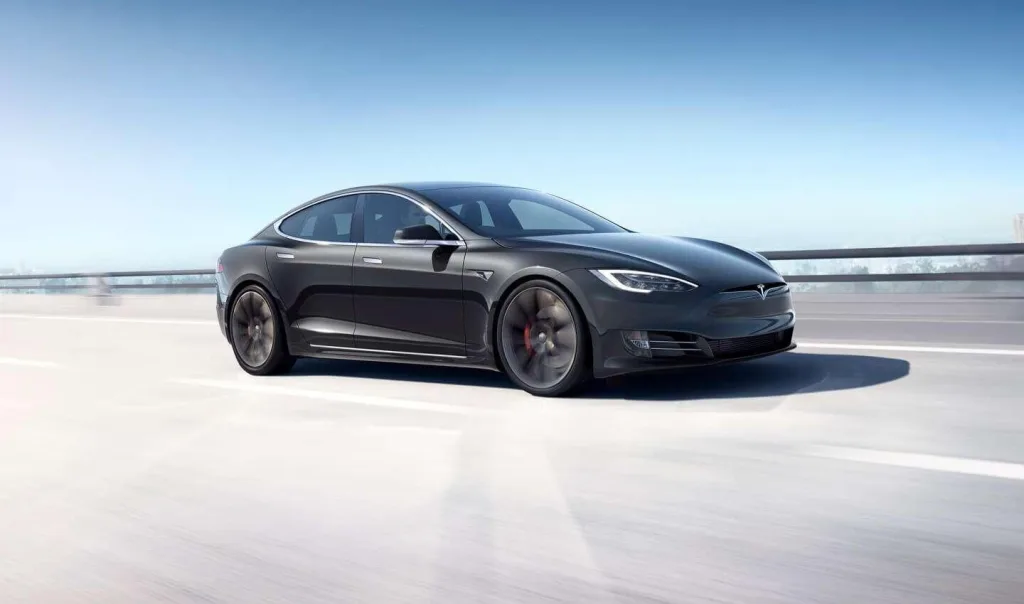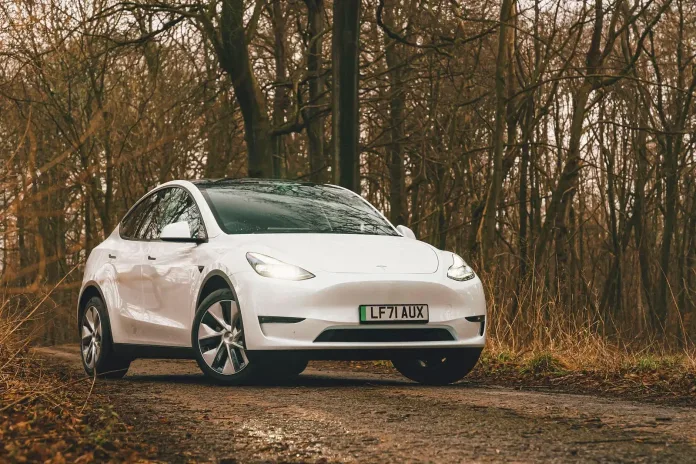As the morning sun illuminated the bustling streets of Mumbai, a palpable sense of excitement rippled through the automotive industry. Maharashtra Chief Minister Devendra Fadnavis had just dropped a bombshell in the Legislative Council – the proposed 6% EV tax on luxury electric vehicles was officially off the table. This unexpected U-turn has sent shockwaves through the EV sector, leaving industry insiders and potential buyers scrambling to understand its implications.
“It’s a game-changer,” exclaimed Rohit Sharma, a Tesla enthusiast I met outside a popular EV showroom in Bandra. “I’ve been on the fence about upgrading to an electric car, but this news might just seal the deal for me.”
Indeed, the government’s decision to scrap the EV tax priced above ₹30 lakh marks a significant shift in Maharashtra’s approach to electric mobility. Initially introduced in the 2025-26 state budget by Deputy Chief Minister and Finance Minister Ajit Pawar, the EV tax was designed to generate additional revenue. However, it quickly became apparent that the potential harm to EV adoption far outweighed any financial gains.
The Numbers Behind the Decision
Let’s break down the impact of this policy reversal:
| Metric | Before EV tax Rollback | After EV tax Rollback |
|---|---|---|
| EV Market Growth Rate | 8% (projected) | 15-20% (estimated) |
| Luxury EV Sales (annual) | 5,000 units | 8,000-10,000 units (projected) |
| State Revenue from EV Sector | ₹150 crore | ₹200-250 crore (indirect benefits) |
| Charging Stations | 2,500 | 5,000 (planned by 2026) |
These figures paint a clear picture of why the government chose to prioritize long-term growth over short-term revenue gains. By removing barriers to adoption, Maharashtra is positioning itself at the forefront of India’s electric revolution.

The Road Ahead: Maharashtra’s Ambitious EV Plans
During my conversation with Anand Kumar, a senior official at the Maharashtra EV Policy Implementation Committee, it became clear that this EV tax rollback is just one piece of a much larger puzzle.
“We’re not just removing obstacles,” Kumar explained, his eyes gleaming with enthusiasm. “We’re actively paving the way for an electric future. By 2026, we aim to have EVs account for 25% of all new vehicle registrations in the state.”
This ambitious target is backed by a comprehensive strategy that includes:
- Infrastructure Expansion: Plans to install over 5,000 public charging stations across the state by 2026.
- Manufacturing Hub: Attracting major EV manufacturers to set up facilities in Pune and Chhatrapati Sambhajinagar.
- Public Transport Electrification: Introduction of 2,500 electric buses in phases to modernize urban transit.
- Skill Development: Programs to train mechanics and technicians specifically for EV maintenance and repair.
“It’s not just about selling cars,” Kumar added. “We’re building an entire ecosystem to support the transition to electric mobility.”
Impact on Consumers: A New Era of Affordable Luxury
For potential EV buyers like Priya Desai, a software engineer I met at a charging station in Pune, the EV tax rollback opens up new possibilities.
“I’ve been eyeing the Audi e-tron, but the additional EV tax would have pushed it out of my budget,” Desai shared. “Now, I can seriously consider making the switch to electric without compromising on the features I want.”
The removal of the 6% EV tax translates to significant savings for consumers:
| EV Model | Price Before EV tax Rollback | Price After EV tax Rollback | Savings |
|---|---|---|---|
| Audi e-tron | ₹1,27,20,000 | ₹1,20,00,000 | ₹7,20,000 |
| Mercedes EQC | ₹1,11,20,000 | ₹1,05,00,000 | ₹6,20,000 |
| Jaguar I-PACE | ₹1,23,72,000 | ₹1,16,00,000 | ₹7,72,000 |
These savings, coupled with lower running costs and government incentives, make luxury EVs an increasingly attractive proposition for affluent buyers.
Industry Reactions: A Collective Sigh of Relief
The automotive industry’s response to the EV tax rollback has been overwhelmingly positive. During an impromptu gathering of industry leaders at a Mumbai hotel, I witnessed firsthand the sense of optimism that permeated the room.
Vikram Pawah, President of BMW Group India, couldn’t contain his excitement. “This decision reaffirms Maharashtra’s commitment to sustainable mobility,” he declared. “It sends a clear message that the state is serious about becoming India’s EV capital.”
Balbir Singh Dhillon, Head of Audi India, echoed these sentiments. “The luxury EV segment is crucial for driving innovation and adoption,” Dhillon explained. “By making these vehicles more accessible, Maharashtra is accelerating the entire industry’s growth.”

Challenges and Opportunities: The Road Ahead
While the EV tax rollback has been met with enthusiasm, industry experts caution that challenges remain. Dr. Ravi Shankar, an energy policy analyst I consulted for this story, outlined some key areas of concern:
- Grid Capacity: “As EV adoption increases, we need to ensure our power infrastructure can handle the additional load,” Shankar warned.
- Battery Recycling: “We must develop robust systems for recycling and disposing of EV batteries to minimize environmental impact.”
- Consumer Education: “Many potential buyers still have misconceptions about EV range and performance. Ongoing education efforts are crucial.”
Despite these challenges, the opportunities are immense. Maharashtra’s push for electric mobility is expected to create thousands of jobs, reduce urban pollution, and position the state as a leader in sustainable transportation.
The Bigger Picture: India’s Electric Dreams
Maharashtra’s bold move comes at a critical juncture in India’s transition to electric mobility. With the central government aiming for 30% EV penetration by 2030, states are racing to attract investments and establish themselves as EV hubs.
“Maharashtra’s decision could trigger a domino effect,” predicted Amit Bhatt, Managing Director for India at the International Council on Clean Transportation. “Other states may follow suit, leading to a nationwide acceleration of EV adoption.”
As our conversation concluded, Bhatt left me with a thought-provoking observation: “The future of transportation isn’t just about replacing engines. It’s about reimagining mobility itself. Maharashtra seems to understand this, and that’s what makes their approach so exciting.”

Conclusion: A Turning Point for Electric Mobility
As I wrapped up my reporting, weaving through Mumbai’s traffic-choked streets, the contrast between the present and the potential future became stark. The cacophony of honking horns and rumbling engines served as a reminder of why this transition is so crucial.
Maharashtra’s decision to scrap the EV tax is more than a policy change – it’s a statement of intent. By prioritizing long-term growth over short-term revenue, the state has signaled its commitment to a cleaner, more sustainable future.
For consumers, manufacturers, and environmentalists alike, this marks a turning point. The road to widespread EV adoption may still be long, but Maharashtra has just removed a significant speedbump. As the sun set over the Arabian Sea, casting a golden glow on the city’s skyline, I couldn’t help but feel that I was witnessing the dawn of a new era in Indian mobility.
Also Read: Tata Nexon vs MG Windsor Comparison: Detailed Guide in 2025
Frequently Asked Questions
Why did Maharashtra decide to scrap the proposed 6% EV tax on luxury EVs?
The government realized that the EV tax would discourage EV adoption and send the wrong message about the state’s commitment to electric mobility. The potential revenue from the EV tax was deemed insignificant compared to the benefits of increased EV adoption.
How will this decision impact EV prices in Maharashtra?
Luxury EVs priced above ₹30 lakh will now be more affordable, with savings of up to ₹7-8 lakh on high-end models. This makes premium electric vehicles more accessible to a broader range of consumers.
What are Maharashtra’s targets for EV adoption?
The state aims to have EVs account for 25% of all new vehicle registrations by 2026. This includes both private vehicles and public transport.
How is Maharashtra supporting EV infrastructure development?
The state plans to install over 5,000 public charging stations by 2026. Additionally, it’s attracting EV manufacturers to set up facilities in Pune and Chhatrapati Sambhajinagar to create a robust EV ecosystem.
Will this decision affect government incentives for EV purchases?
Existing incentives remain in place. The EV tax rollback is an additional measure to make EVs more attractive, especially in the luxury segment.


